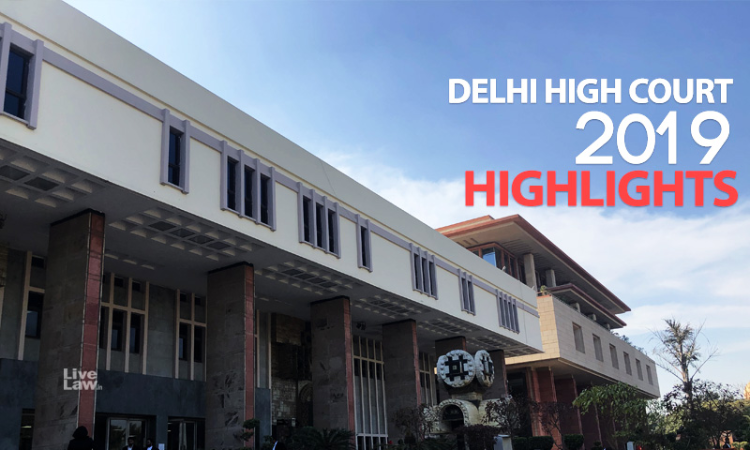- Home
- /
- News Updates
- /
- 40 Important Delhi HC Judgments Of...
40 Important Delhi HC Judgments Of 2019
Akshita Saxena
30 Dec 2019 7:37 AM IST
Here is a list of 40 major decisions of Delhi HC in 2019(in the order of chronology).1. Upheld Right To Conduct Missionary Activities Reminding the central government authorities that India is a secular country, the high court observed that missionary activities are not prohibited as fundamental right to religion is not restricted to citizens, but is available for all persons, In...
Next Story



